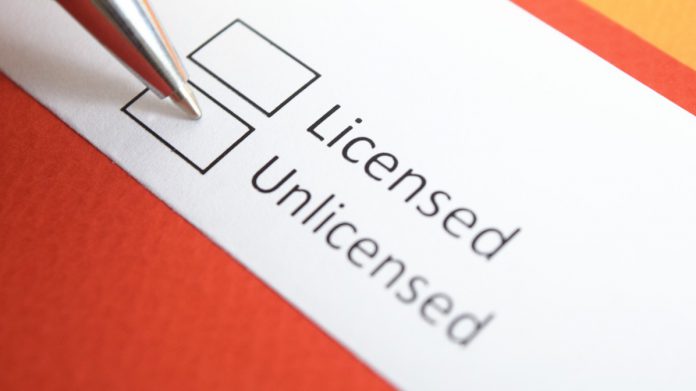A study undertaken for the new standards body the Betting and Gaming Council, which represents UK regulated operators, has revealed that consumers are exposed to large numbers of unlicensed operators (38 per cent) through search results for key gambling terms on major search engines.
As a result, the BGC has called on the government to ensure that the Online Harms Bill, which is soon to be introduced in parliament, includes action to crack down on platforms that profit from unregulated, black market gambling operators.
Michael Dugher, chief executive of the BGC, stated: “Search platforms are promoting black-market gambling operators for profit, putting the British consumers, including children, at risk. None of the UK’s strict licensed safeguards are in place on these illegal sites.
“Regulated bookies and online operators have a strict zero tolerance approach to underage gambling, yet unlicensed operators are free to prey on vulnerable consumers.
“We welcome the Government’s Online Harms Bill. But it also provides the Government with a chance to clamp down on the black-market and help protect punters who want a flutter in a safe environment.”
The report found there is a particular danger that children are accessing these websites where there are no strict ID and age verification measures, such as the verification procedures introduced in May 2019 for UK licensed operators that require full verification of name, age and address before anyone can open an online account or place a bet.
Furthermore, the BGC findings also revealed that 4 in 10 search results for key gambling terms on major search engines are unlicensed black-market operators, there are 27 million visits from UK IP addresses to black market gambling sites and an estimated 200,000 people in the UK have used illegal gambling sites in past 12 months.
This follows the regulatory Advisory Board for Safer Gambling warning in 2018 that internet service providers, app stores, search engine companies and other relevant providers should be vigilant to the possibility of third party use of their products to provide illegal gambling to children and young people, and should be proactive in preventing it.













